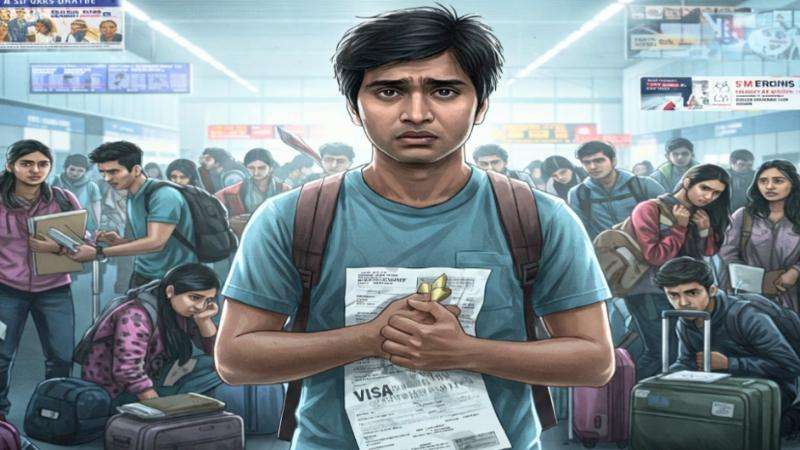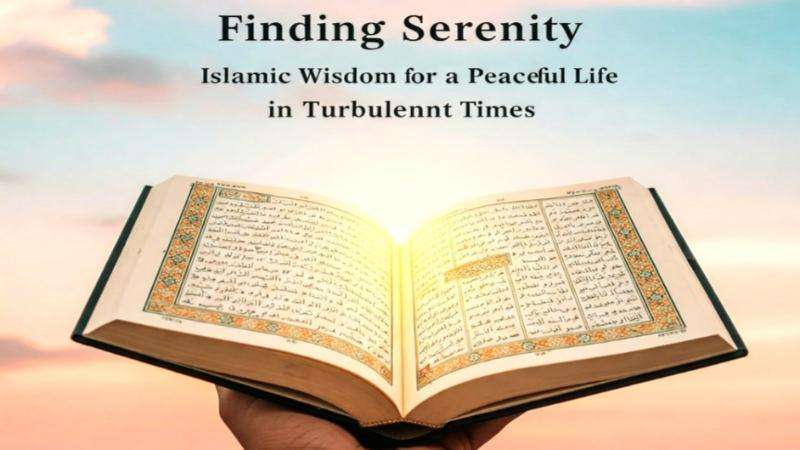I keep a prized possession tucked away in my bedside drawer. It's nestled between my engagement ring, a bunch of hairbands, and an old pack of cigarettes. It's not flashy or sentimental, but it fills me with a quiet sense of pride: my Irish passport. Sure, my British passport is in there too, buried beneath pension documents and papers I never look at—but that one has taken a back seat. In a post-Brexit world, the Irish passport stands out. It grants me the freedom to travel, live, work, and study across the European Union without the bureaucracy, while the British one now requires visa waivers and endless queues at airports.
Much like my grandparents, who moved from Monaghan and Donegal to England in search of better opportunities—my grandmother worked for the NHS, my grandfather at the Ford plant in Dagenham—I’ve used my Irish roots to secure something they never had: a second passport that opens doors the British one no longer does. And I’m far from alone in doing so.
Though the Irish passport has only existed for just over a century, it has become highly desirable for Brits since Brexit. According to the 2021 UK census, around 160,000 people in England and Wales now hold an Irish passport—a staggering jump from the 26,000 with dual Irish-British nationality in 2011. That’s a sixfold increase in just a decade. The surge began right after the Brexit vote, when Irish passport applications spiked by 83% in just three months. Nearly ten years later, the demand hasn’t waned. In fact, last year saw a 15% rise—the highest since the pandemic backlog was cleared.
How I Got My Irish Passport
To get an Irish passport, you must be an Irish citizen first. Citizenship can be granted through birth, descent, or naturalisation. For me, it came through descent. Because my grandparents were born in Ireland, I was eligible for citizenship through the Foreign Births Register (FBR), even though I was born and raised in England and have never lived in Ireland.
That said, the process wasn’t exactly smooth. I had to collect a mountain of documents: birth certificates for myself, my parents, and grandparents; marriage and death certificates where needed; ID; proof of address; and passport-sized photos. Most of this had to be ordered through the central records office in Dublin.
The entire process took about two years and cost close to £400: €278 for the FBR application, €75 for the passport itself, and several €20 document fees—not to mention tracked postage and other admin costs. But despite the cost and the wait, I consider it money well spent. In a world where borders are hardening and isolationism is growing, having a passport that gives you more options feels like future-proofing.
This isn’t just about me either. Now that I’m on the FBR, any child I have can also apply—so long as I registered before their birth. It’s a gift I can pass down, a doorway left open.
Irish Identity, Then and Now
My maternal grandparents built their lives in England, but it wasn’t always easy. Anti-Irish sentiment was common. At one point, the police even came knocking after a neighbor accused them of IRA involvement. On my father’s side—also Irish—my dad has repeatedly been stopped at the US border over the years because he shares a name with a known IRA member.
Today, though, being Irish is something to be proud of. Irish culture is enjoying a global moment. We’ve got stars like Paul Mescal, Cillian Murphy, Saoirse Ronan, Andrew Scott, Nicola Coughlan, Barry Keoghan, and Eve Hewson lighting up our screens. Irish TV shows like Bad Sisters are hits, and Sally Rooney’s novels are international bestsellers. Guinness is more popular than ever, and designers like Jonathan Anderson are sending models down runways in Guinness-inspired outfits. Even Gaelic is booming—Duolingo reports over two million people learning the language.
Bronwen Walter, Professor of Irish Diaspora Studies at Anglia Ruskin University, says that in 2025, Irish identity is widely respected and embraced. The negative stereotypes that once loomed large are fading. Compared to the internal struggles in Britain post-Brexit, and the political chaos in places like the US, Ireland seems increasingly like a beacon of stability and progress. “It’s become a place to admire,” she says. “More and more people are realizing Brexit was a mistake, especially given the travel and business limitations it’s created.”
Walter also points to the rise in DNA testing and genealogy platforms like 23AndMe as factors contributing to the surge in Irish passport applications. With millions of Brits having at least one Irish grandparent, people are reconnecting with their ancestry and discovering what they’re eligible for—especially as the benefits become clearer.
The Online Community
Knowing the process could be drawn out, I joined a Facebook group of 11,000 members—mostly British citizens applying for Irish passports. It became a lifeline: a place to ask questions, share experiences, and celebrate every approved application with digital clinks of pints.
I submitted my FBR application in March of last year, and from then on, spent many hours anxiously scrolling the group. Though the average wait time is around nine months, it varies based on demand. Right now, interest is especially high among Americans—so much so that Ireland’s Department of Foreign Affairs reported a decade-high in U.S. applications earlier this year. RTE even credited the rise to a wave of "Trumpugees" seeking more stable second citizenships.
I finally received approval in late January, with no extra documents required. That meant I was officially an Irish citizen. The passport came shortly after. I won’t have to renew it for another ten years.
Worth It
So far, I haven’t used it—my upcoming trips to Mallorca and Kenya were already booked using my British passport. But just knowing I have it gives me an immense sense of security. Even if I haven’t queued in an EU citizen lane yet, the passport already feels priceless.
Yes, it gives me back a small convenience lost after Brexit—the ability to skip long lines at European borders—but it’s more than that. It’s about possibilities we can’t even foresee yet. It's a step toward staying connected with the broader world while Britain continues down an increasingly insular path.
Brexit was like a series of falling dominoes—disrupting everything from travel to trade. My Irish passport, in contrast, feels like the opposite: a quiet butterfly effect, restoring something that was lost. I like to think my grandparents would be proud that their legacy, their sacrifices, have now helped secure something valuable for the generations that follow.
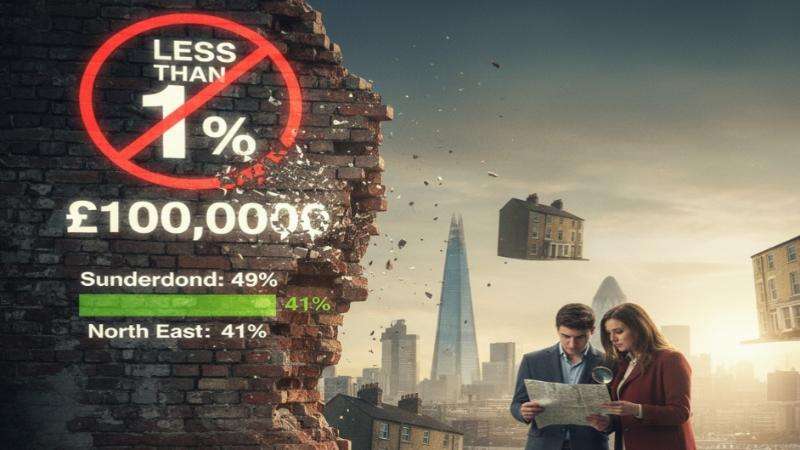
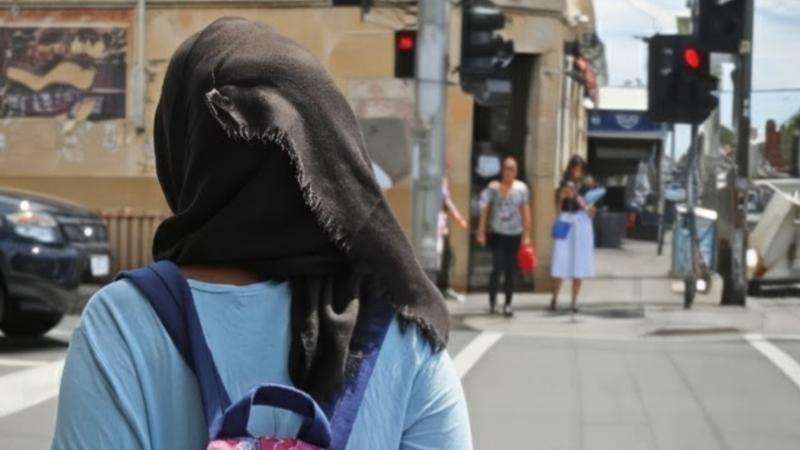
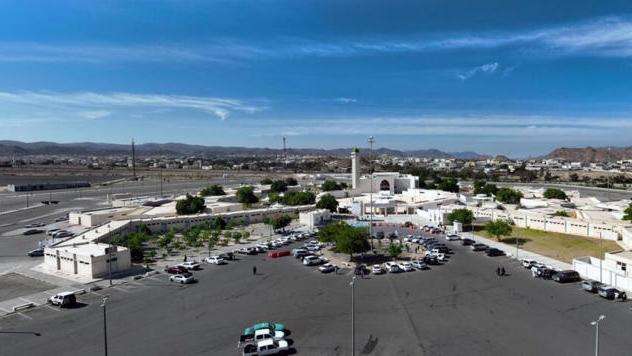
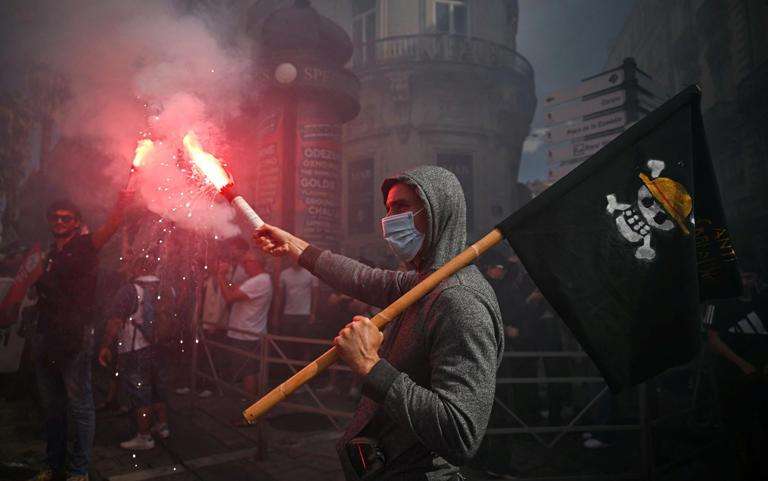
_7.jpg)


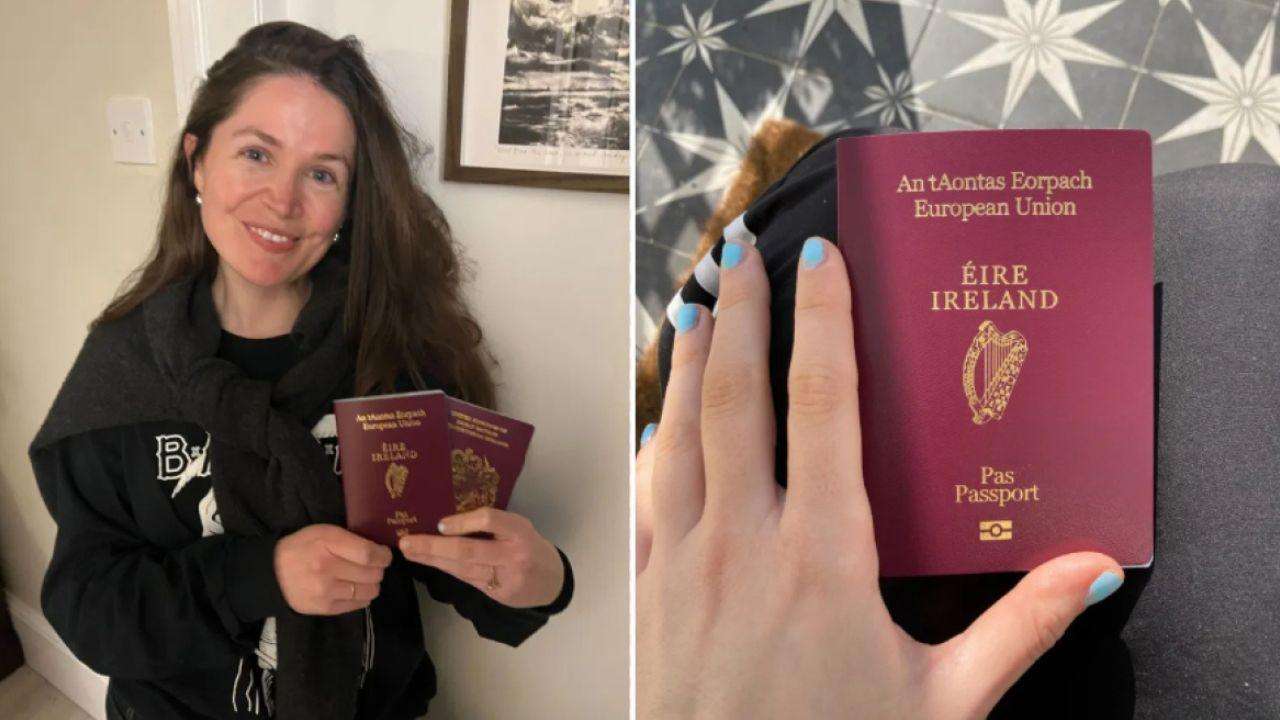
.svg)

